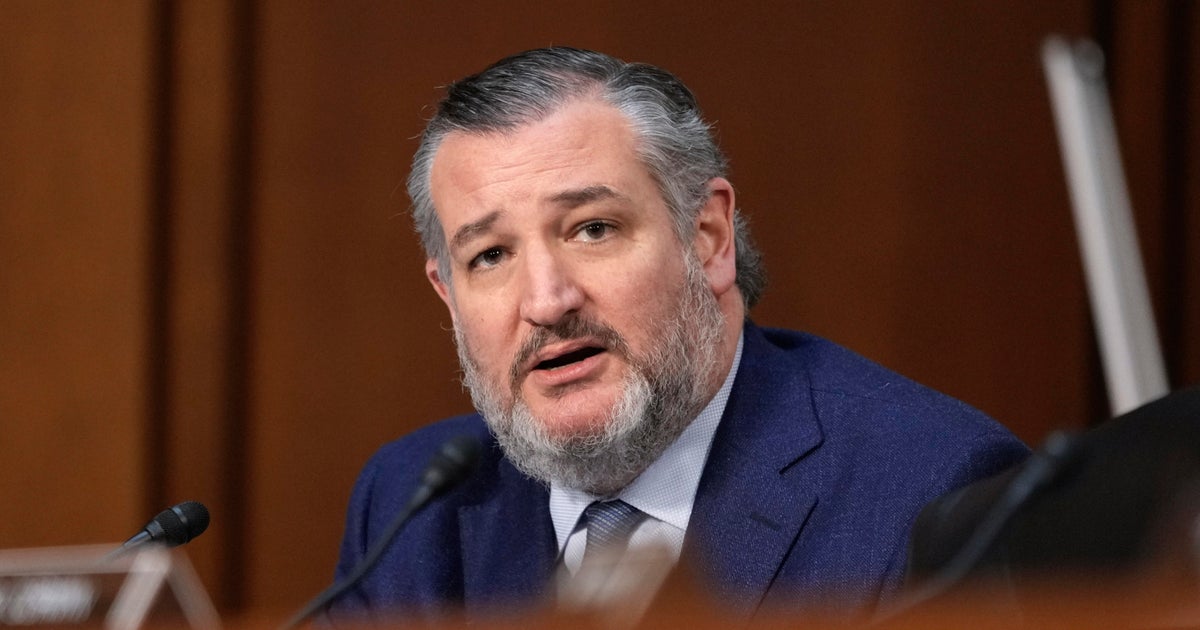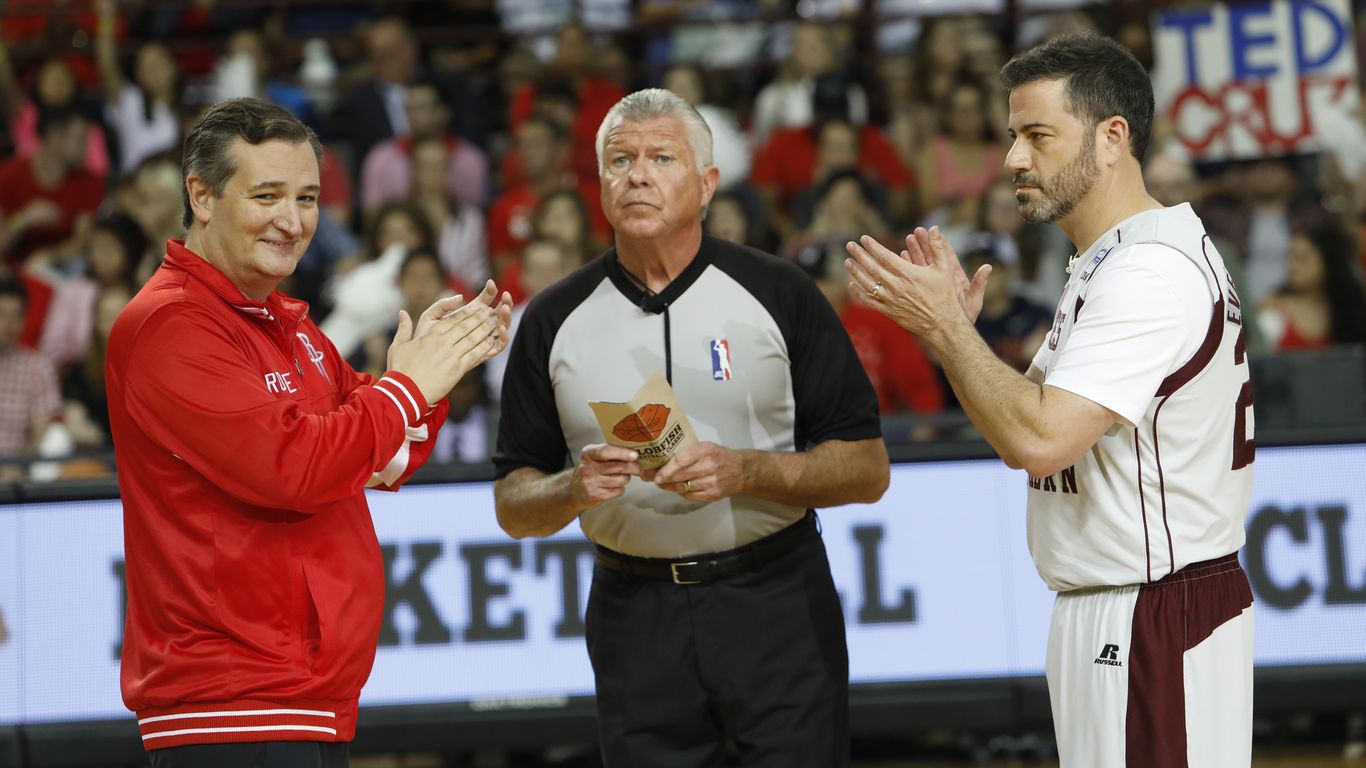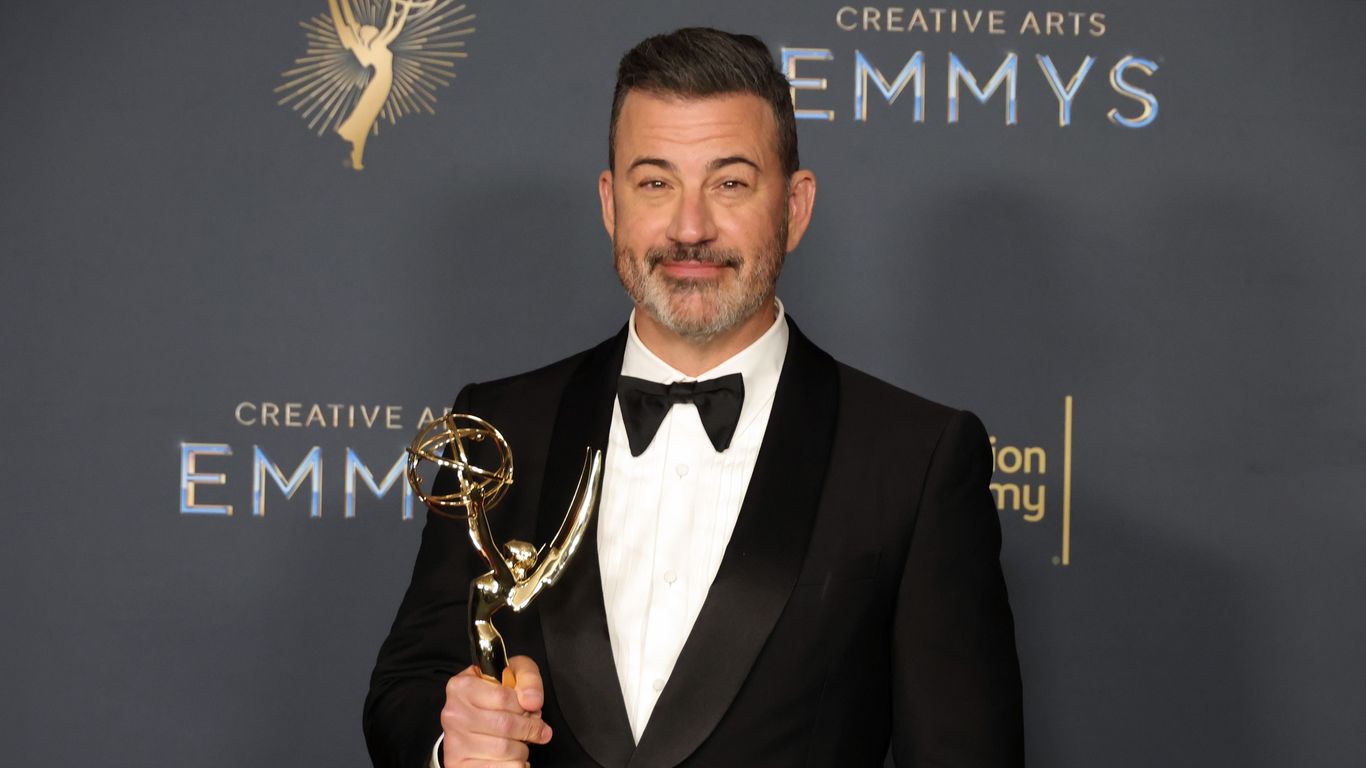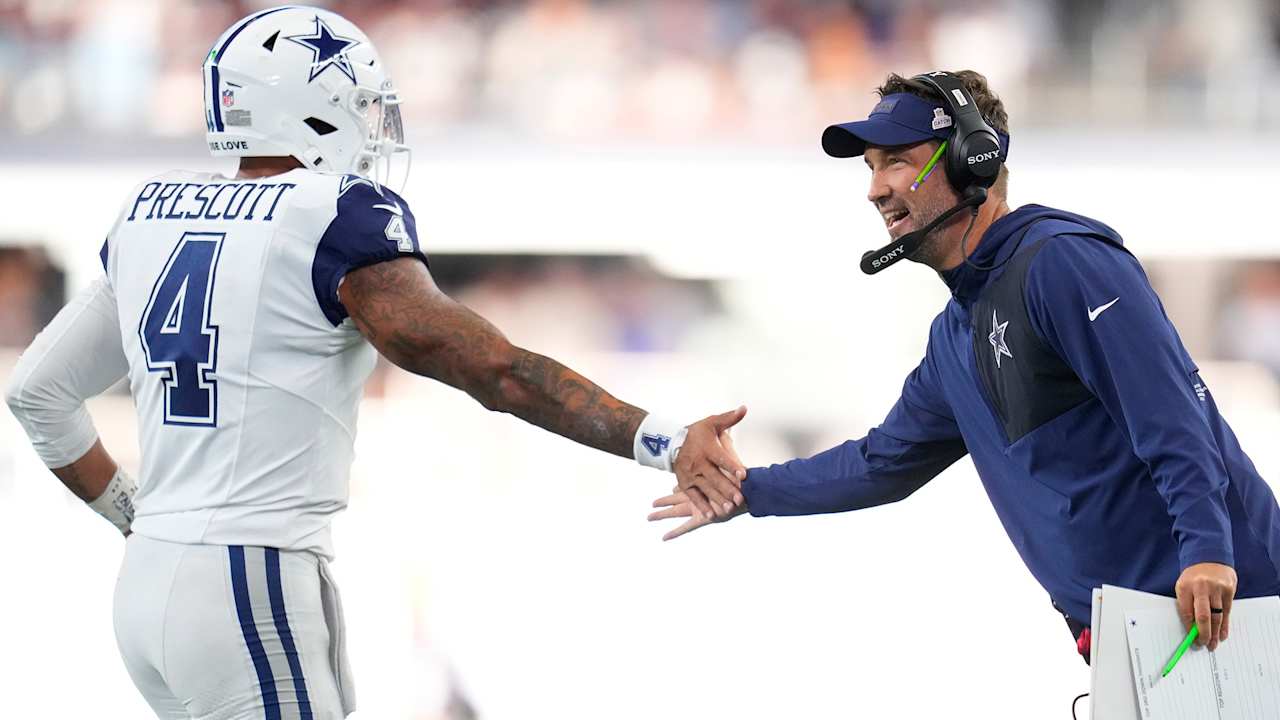FCC vs. Cruz: An Ongoing Battle

Introduction
Republican Sen. Ted Cruz of Texas has taken aim at FCC Chair Brendan Carr for his recent comments on Jimmy Kimmel, calling them "dangerous as hell" and comparing them to a scene from the movie Goodfellas. This latest clash between the two political figures highlights the ongoing tensions within the FCC and the larger political landscape.
Criticizing the FCC Chair
Cruz's criticism stemmed from Carr's statement urging "action" on Kimmel's recent monologue about the FCC and net neutrality. The senator accused Carr of attempting to intimidate and silence Kimmel, stating that "right out of Goodfellas, this is a shakedown." This is not the first time that Cruz has vocalized his opposition to the FCC's actions, particularly when it comes to net neutrality.
The Larger Implications
This latest incident has once again brought to light the ongoing battle over net neutrality and the role of the FCC in regulating it. As the debate continues, it is clear that there are strong opinions on both sides, with political figures like Cruz and Carr at the forefront. The impact of these ongoing clashes remains to be seen, but it is clear that the fight for net neutrality is far from over.
About the People Mentioned
Ted Cruz
Ted Cruz is a U.S. Senator from Texas, serving since 2013. He represents over 30 million Texans and is known for advocating limited government, national security, and economic growth. Cruz graduated from Princeton University and Harvard Law School. Early in his career, he clerked for Chief Justice William Rehnquist of the U.S. Supreme Court and served as the solicitor general of Texas, becoming the youngest person to hold that post at age 32. He argued nine cases before the Supreme Court, earning a reputation as a skilled litigator with a strict constructionist judicial philosophy[1][3][5]. Before his Senate career, Cruz worked in private legal practice and was involved in Republican politics, including advising George W. Bush’s 2000 presidential campaign and participating in the Bush v. Gore Supreme Court case that decided the 2000 election. He also served in the U.S. Justice Department and the Federal Trade Commission[3][5]. In the Senate, Cruz has been active on several committees, including Foreign Relations, Judiciary, Commerce, Science and Transportation, and Rules. He currently chairs the Commerce, Science, and Transportation Committee and the Judiciary Subcommittee on Federal Courts, Oversight, Agency Action, and Federal Rights. Cruz has sponsored and introduced legislation focused on economic issues, national security, and other conservative priorities. Notably, he was re-elected in November 2024[1][4]. Cruz's background includes a family immigrant story: his father fled Cuba after political persecution, and his mother was a pioneering female computer programmer. Cruz is married to Heidi Nelson, whom he met during George W. Bush’s presidential campaign, and they have two daughters[5]. As of 2025, Cruz remains a prominent and influential Republican senator, actively sponsoring bills such as "Kate's Law" and legislation on education transparency[4].
Brendan Carr
Brendan Thomas Carr (born January 5, 1979) is an American lawyer and government official currently serving as the chair of the Federal Communications Commission (FCC) since 2025. He has been an FCC commissioner since 2017, having been nominated by President Donald Trump and confirmed unanimously by the Senate. Carr holds a degree in government from Georgetown University and a law degree from the Columbus School of Law (2005). Before joining the FCC, he worked in private legal practice and served as an advisor to then-commissioner Ajit Pai. Carr's tenure at the FCC has been marked by a focus on deregulation and advancing U.S. leadership in telecommunications infrastructure, particularly in expanding 5G networks. He has championed reforms aimed at reducing regulatory barriers to accelerate the deployment of next-generation wireless technologies and broadband access, emphasizing rural connectivity and workforce development for technical roles related to network buildout. Carr has also taken a strong stance on regulating Big Tech, expressing concerns about the market power of social media companies and advocating for government oversight to prevent perceived viewpoint discrimination on these platforms. After becoming FCC chair following President Trump's second inauguration in 2025, Carr has pursued efforts to broaden the FCC's public-interest mandate, including scrutinizing corporate diversity, equity, and inclusion policies and influencing media mergers such as the Skydance Media and Paramount Global deal. His actions and comments on media content, including the suspension of *Jimmy Kimmel Live!*, have attracted public attention and some criticism. Carr is also noted for his involvement in national security discussions related to Chinese technology firms like TikTok and Huawei, reflecting a broader policy focus on technological competition and regulatory approaches favoring market-driven solutions over heavy-handed government intervention[1][2][3].
Jimmy Kimmel
James Christian Kimmel, known as Jimmy Kimmel, is an American television host and comedian born on November 13, 1967. He is best known as the host and executive producer of *Jimmy Kimmel Live!*, a late-night talk show on ABC that has aired since 2003. Kimmel holds the distinction of having the longest tenure among current U.S. late-night hosts, with 23 seasons, second only to Johnny Carson’s 30 seasons[^1^]. Before *Jimmy Kimmel Live!*, Kimmel gained recognition as co-host of Comedy Central’s *Win Ben Stein’s Money*, winning a Daytime Emmy Award for Best Game Show Host in 1999, and as co-host of *The Man Show*. He also co-founded Jackhole Industries, a production company behind shows such as *Crank Yankers*, *Sports Show with Norm Macdonald*, and *The Andy Milonakis Show*[^1^][^2^]. Kimmel has hosted major award ceremonies multiple times, including the Primetime Emmy Awards (2012, 2016, 2020) and the Academy Awards in 2017, 2018, 2023, and 2024. His style blends political satire with viral comedy segments, such as “Mean Tweets” and celebrity pranks, contributing to his widespread popularity[^1^][^4^]. In his personal life, Kimmel was first married to Gina Maddy with whom he has two children. Since 2013, he has been married to Molly McNearney, a co-head writer for his show, and they have two children together. Kimmel has publicly shared his experiences with his son Billy’s congenital heart condition, using his platform to raise awareness about healthcare issues[^4^]. Most recently, in September 2025, ABC suspended *Jimmy Kimmel Live!* for a week following controversial comments Kimmel made regarding the assassination of Charlie Kirk during a monologue[^1^]. Despite this, Kimmel remains an influential figure in American late-night television and comedy. [^1^]: Wikipedia [^2^]: Biography.com [^4^]: Hausabeats.com
About the Organizations Mentioned
FCC
## Overview of the Federal Communications Commission (FCC) The **Federal Communications Commission (FCC)** is a pivotal independent agency within the United States government, responsible for regulating communications across various platforms, including radio, television, wire, internet, Wi-Fi, satellite, and cable. Established in 1934 under the Communications Act, the FCC replaced the Federal Radio Commission and took over wire communication regulation from the Interstate Commerce Commission[1][2]. ### Mission and Objectives The FCC's mission is to ensure rapid, efficient, and accessible communication services nationally and internationally without discrimination. It aims to promote national defense and safety of life and property through effective communication systems[1]. The agency is funded entirely by regulatory fees and had a budget of $388 million in fiscal year 2022, employing 1,433 personnel[1]. ### Key Achievements - **Regulatory Frameworks**: The FCC has developed and enforced numerous regulations, such as the Telecommunications Act of 1996, which significantly impacted the competitive landscape of the communications industry[1]. - **Spectrum Management**: It has played a crucial role in managing radio frequency spectrum, ensuring efficient use and allocation for various services[1]. - **Consumer Protection**: The FCC has implemented measures to protect consumers, including rules on net neutrality and measures to reduce robocalls[4]. ### Current Status Today, the FCC continues to play a vital role in shaping the U.S. communications landscape. It is composed of five commissioners appointed by the President, with one serving as Chairman[6]. The agency is actively involved in promoting broadband access and ensuring fair competition in the communications market[2]. ### Notable Aspects - **Regulatory Oversight**: The FCC conducts regular inspections and enforces compliance with its regulations, such as the Legal ID requirement for radio stations[4]. - **International Cooperation**: It collaborates with international bodies to align communications standards and policies[1]. - **Technological Advancements**: The FCC supports the




















